Education Reforms Due To Coronavirus
The outbreak of the coronavirus pandemic has created immediate and unprecedented challenges in the field of education. As of 31st March, 185 countries around the globe have implemented or announced the closure of schools and universities. And at that time the schools, colleges, and educational institutions were at the peak of their teaching, examination, and academic final activities, due to the restrictions imposed by the lockdown it came to a halt.The concept of education changed overnight and in these times of crisis, digital learning has emerged as an indispensable resource for education. Digital technology is providing all sorts of remote learning opportunities for students across the globe and enabling teachers to create intriguing (virtual) experiences
The unprecedented circumstances lead to two major reforms in the field of education viz.; i) emphasis on online mode of teaching, ii) promotion to the next academic year without examinations.
All around the world, schools are leveraging existing platforms from the likes of Google classroom, Microsoft Education and conferencing apps like Zoom. For students, various engaging resources are available such as Khan Academy, TEDed and Minecraft Education. Similarly, ministries of education in dozens of countries are providing remote learning resources for students while schools are closed. For example, France has created an online portal “Ma classe à la maison” (My class at home) providing access to educational content and learning opportunities. Students with computer or mobile phones can access four weeks of courses on the portal. Back in India, where schools mostly focus on physical learning or more of the conventional face-to-face mode of learning, the Ministry of Human Resource Development, to promote digital learning has released a list of key Digital / E-learning platforms under the initiatives of the Government of India, covering both school and higher education in multiple subjects. Some of these engaging platforms include Diksha, having more than 80,000 e-Books for classes I to XII created by CBSE, NCERT and States / UT, along with a mobile app available for the platform. Another such platform is e-Pathshala with a collection of around 1886 audios, 2000 videos, 696 e-Books and 504 Flip Books for classes I to XII in different languages.
As the students and teachers all across the globe started adapting to the online mode of teaching there was another elephant in the room and that was the problem of pending examinations. We were grappling with end-year examinations when the lockdown was imposed and we have still not been able to devise how exams will be conducted and how students will go from school to college and from college to companies, without having a mark sheet. It is indeed an extremely difficult task to achieve. Many schools and universities tried conducting examinations online while some of the schools and universities promoted the students on the basis of their internals. However, beyond this operational issue, the idea of exams is at its core to be examined. COVID-19 gives us an opportunity to rethink evaluation methodologies.
Another important thing that caught people’s attention was the NEP announced by the Ministry of Education. It is sure to change the current education system of India into a holistic one and match with the global standards. The efforts by the governments across the world to ensure sustainability of learning in this moment of crisis, is revamping the whole education system.However, it cannot be overlooked that as the system shifts to e-learning, the digital divide in access to devices and connectivity will have a huge impact on the students belonging to the socio-economically backward category. They may risk falling further behind. Education systems have to ensure that these efforts do not further amplify the existing inequalities in access to learning and must pay heed to quality of education and equal access to resources for all.
We think the education reforms that have emerged now in novel times will have a long term impact on the education system in India. The skills that are taught and the organisation of the learning experience are the two main aspects where the pandemic can have lasting consequences. Digital India campaign will make much more sense now than earlier when the education was on the sidelines.


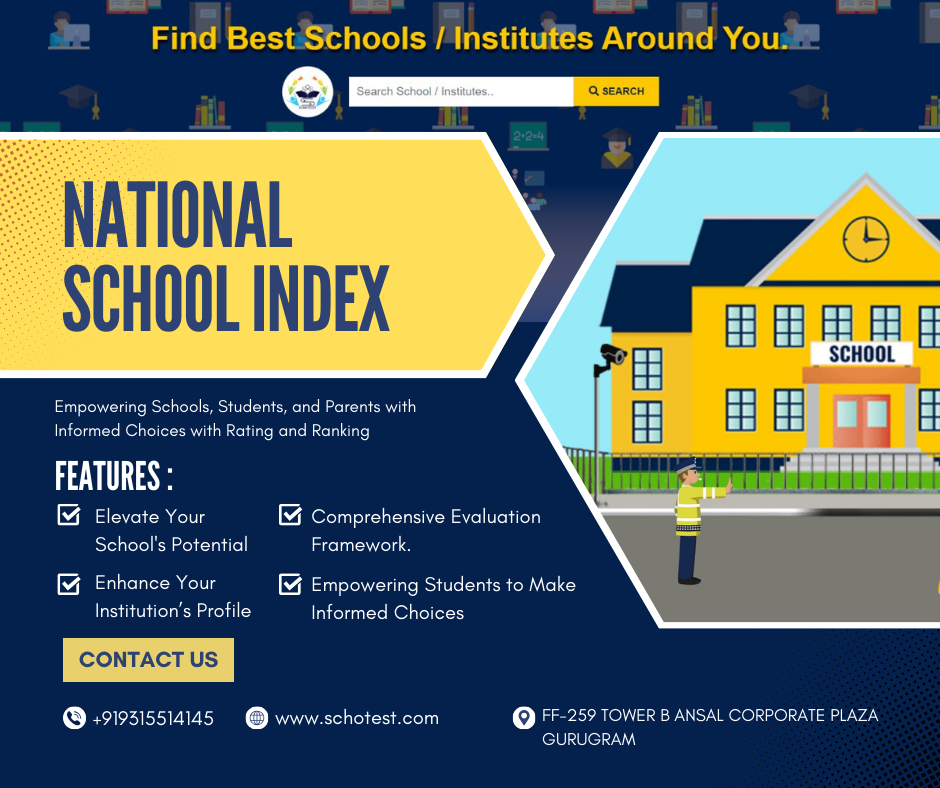
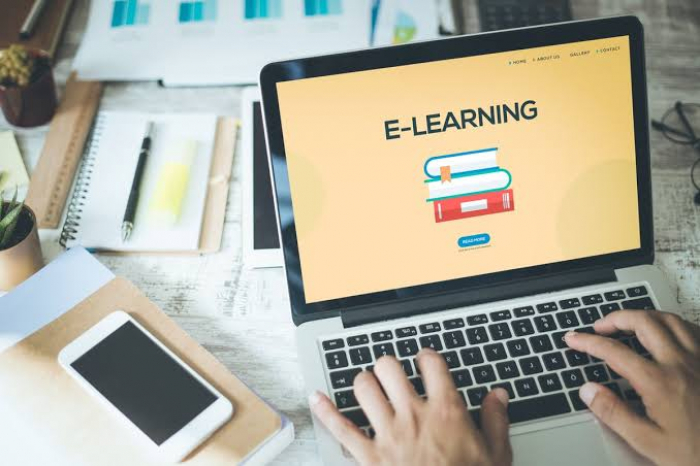


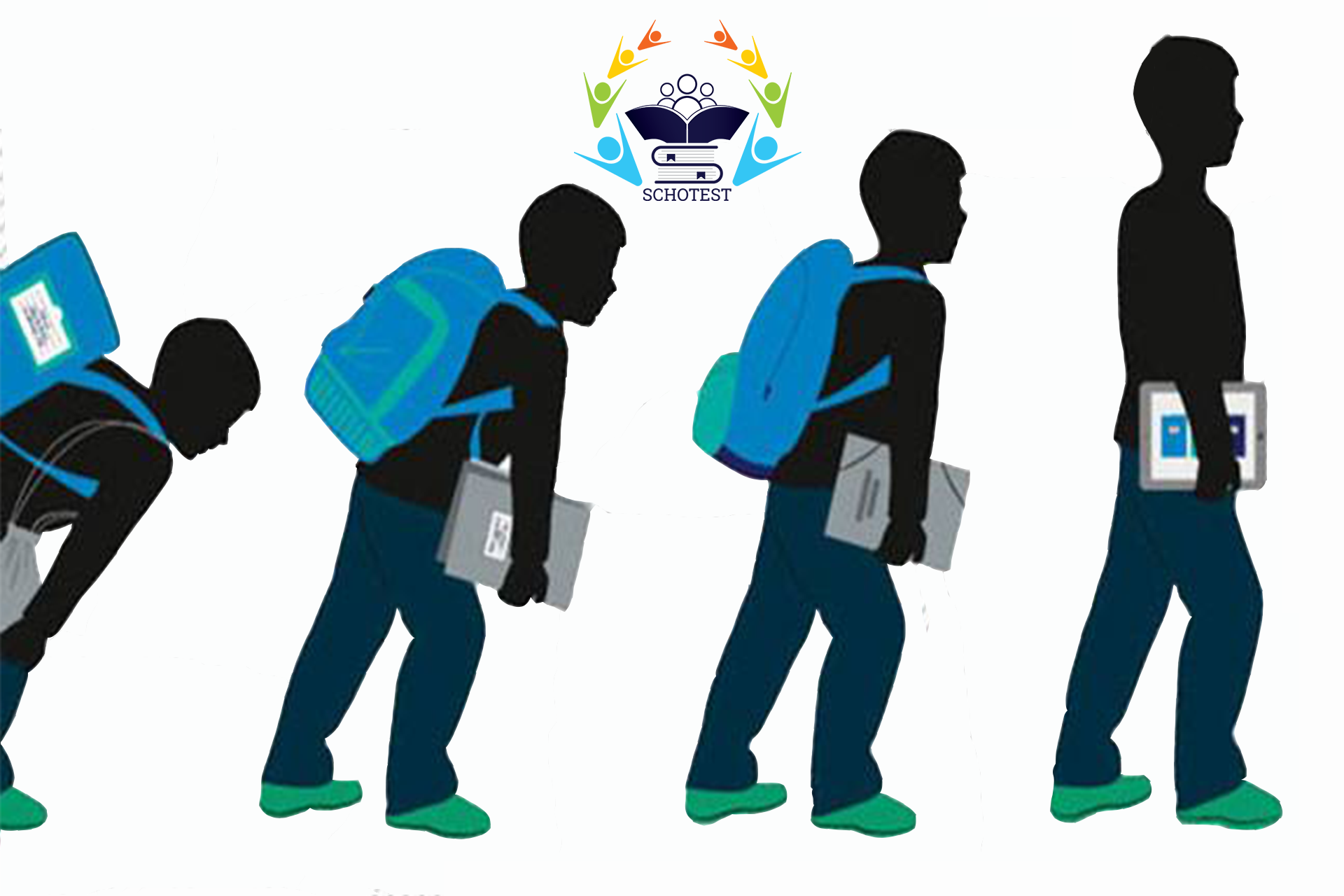
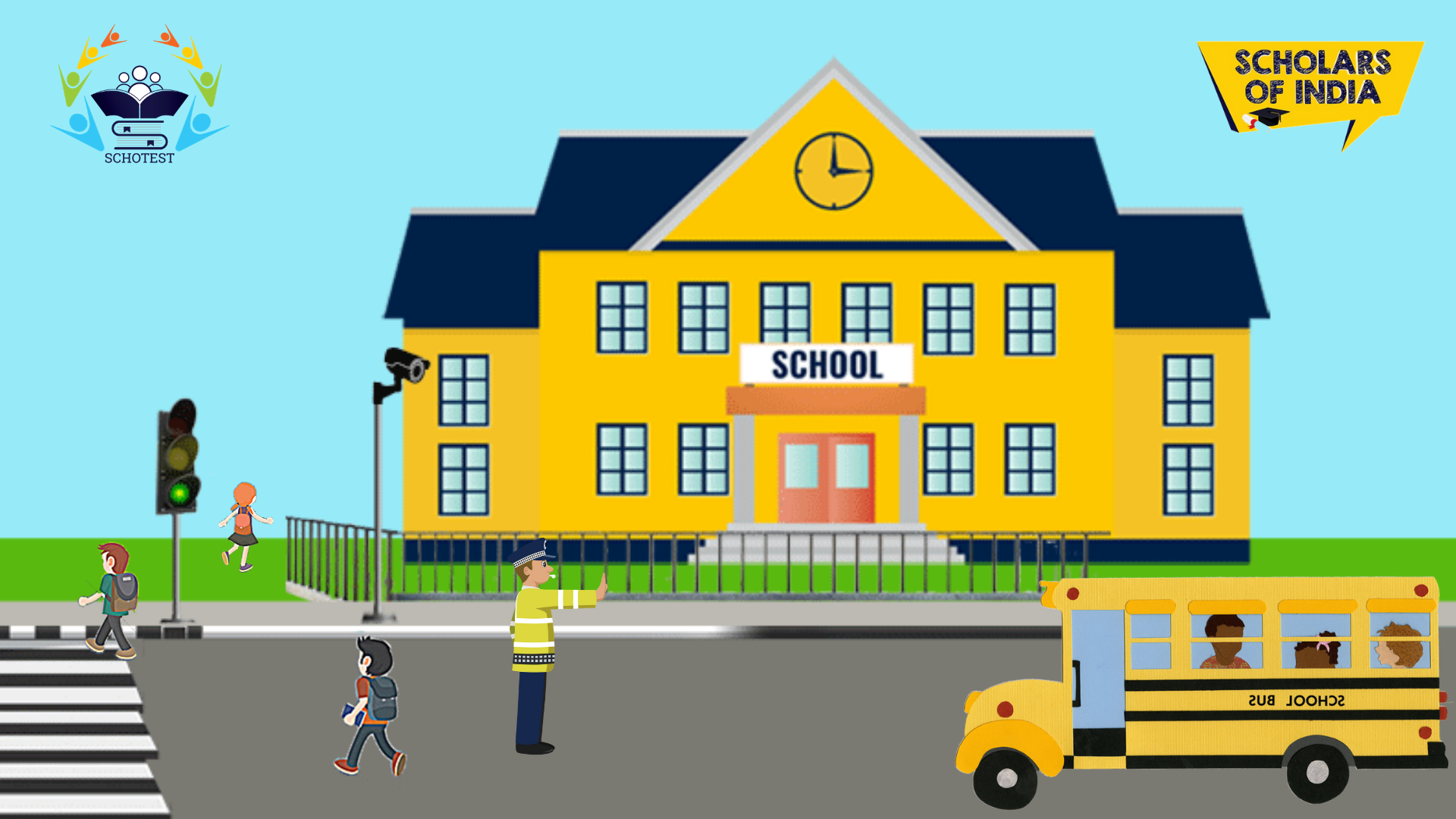

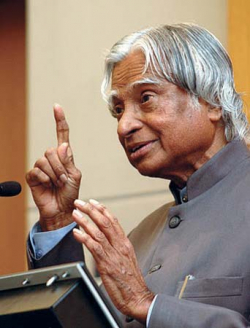
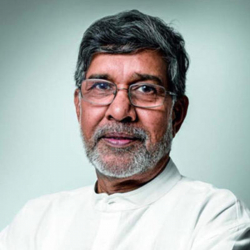
Discussion